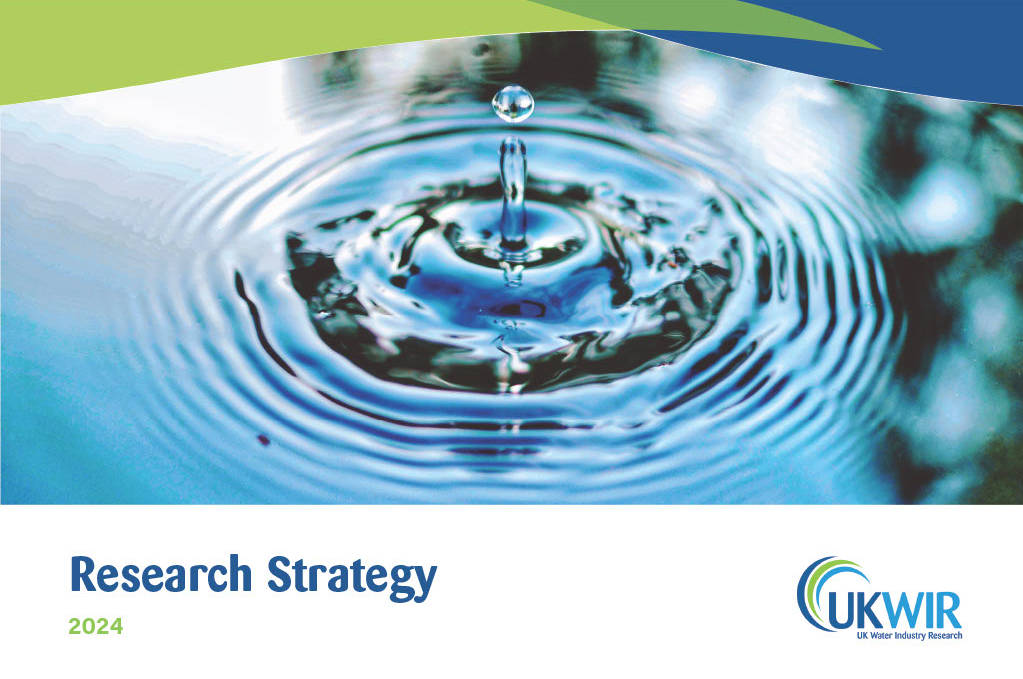The leading independent
research organisation for the
UK and Irish water sector
Collaboration is key to delivering
high-impact research
UKWIR has been at the forefront of research in the water sector for 30 years. We are uniquely placed to bring together key organisations in the sector to collaborate on high impact projects that deliver actionable research. The water sector is facing unprecedented challenges from climate change, growing demand and ageing infrastructure. Our mission is to inform and define the actions required to address these challenges and help deliver a high-quality service that benefits everyone.
News
1,000+
open access research documents
18
water utility partners
20
academic institutions and research bodies
4m+
annual investment in research
30 yrs
specialist experience in research
Open access research
documents
Key research themes
Search over 1,000 of our open access research publications
Independent, trusted and
robust research
UKWIR produces independent, accurate and robust research that can be relied on to illustrate challenges and highlight potential solutions. We work closely with our partners across the sector to ensure our research is focused on the projects that deliver the maximum social and environmental benefits.
Latest publications







